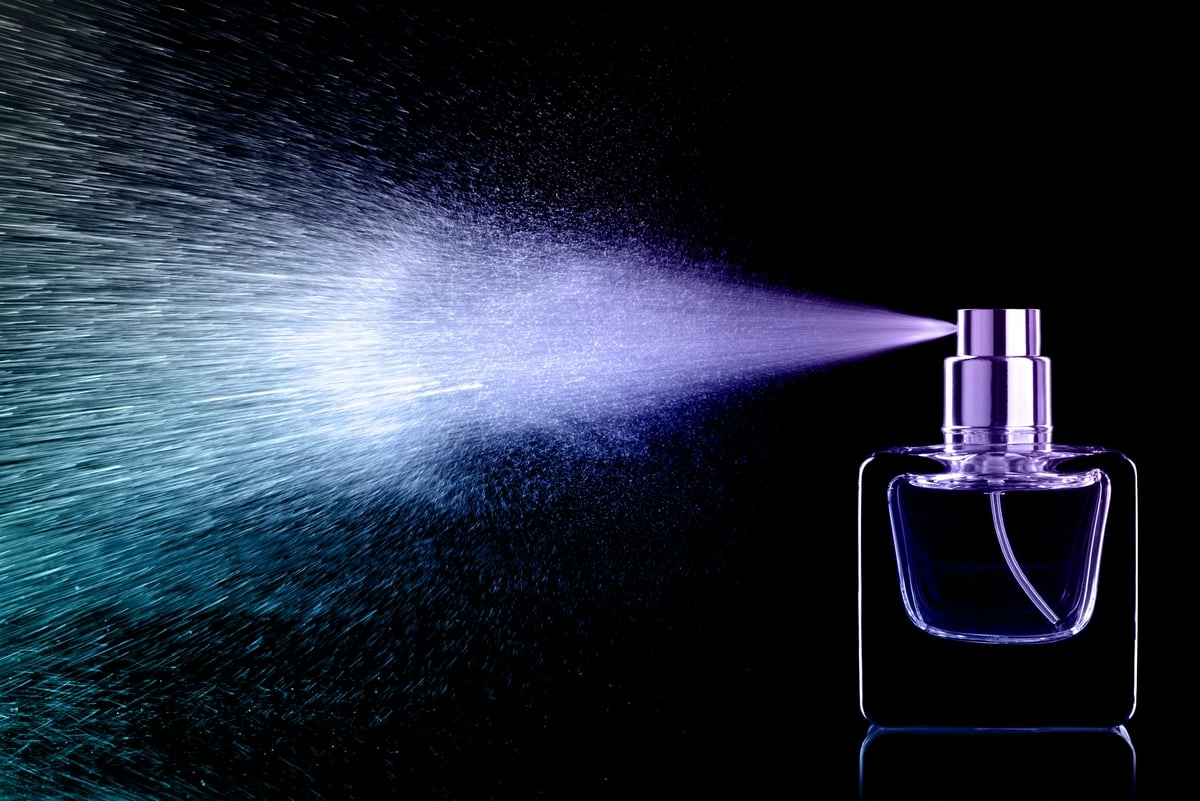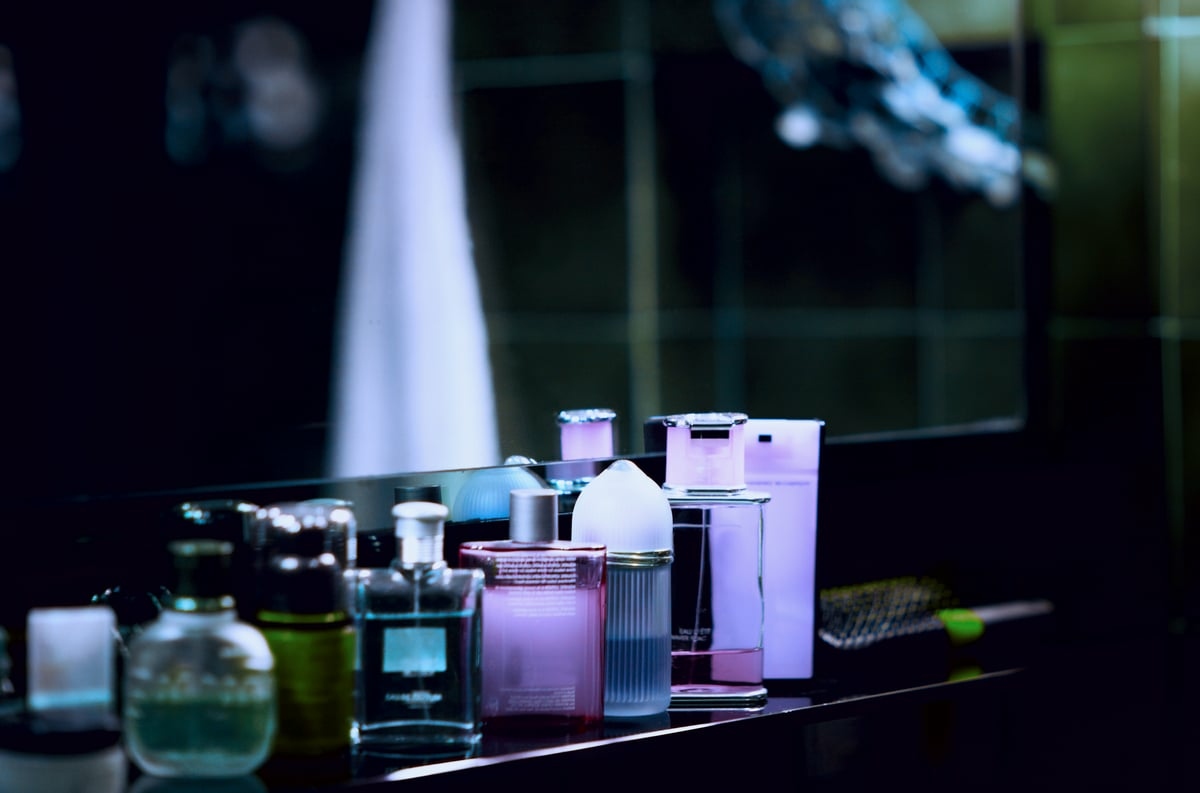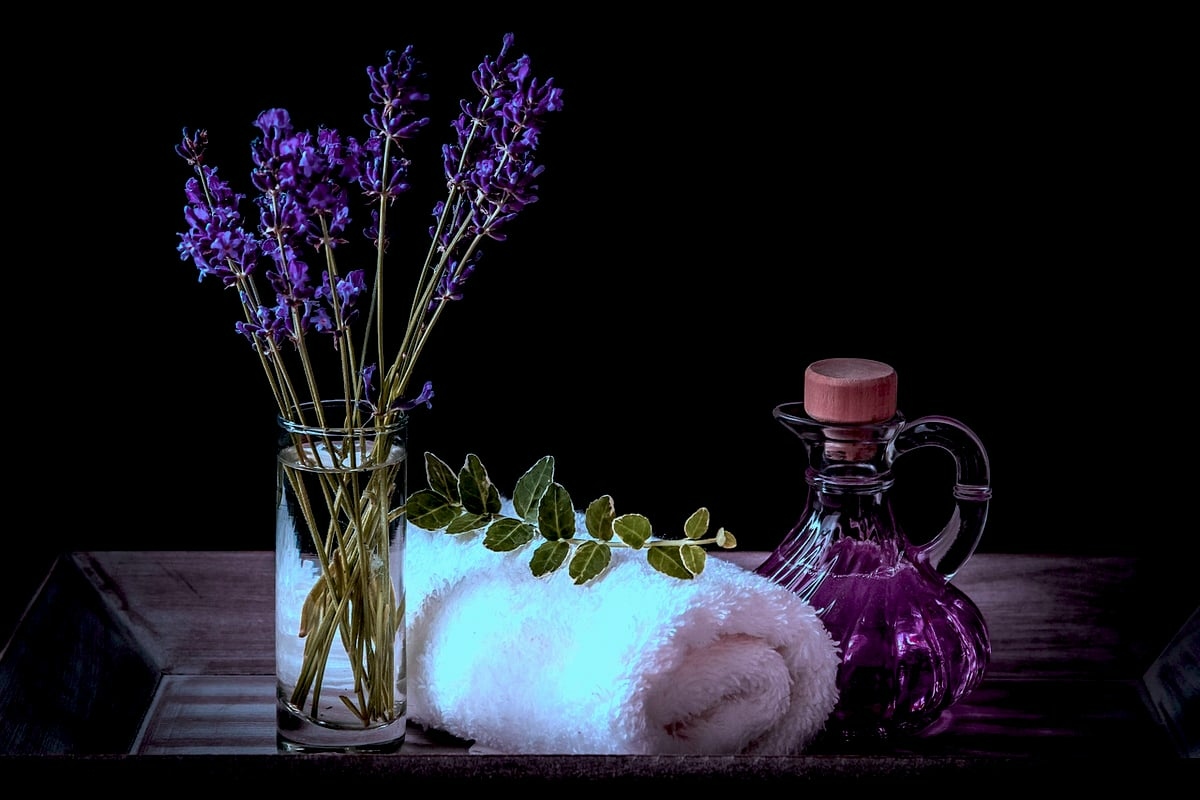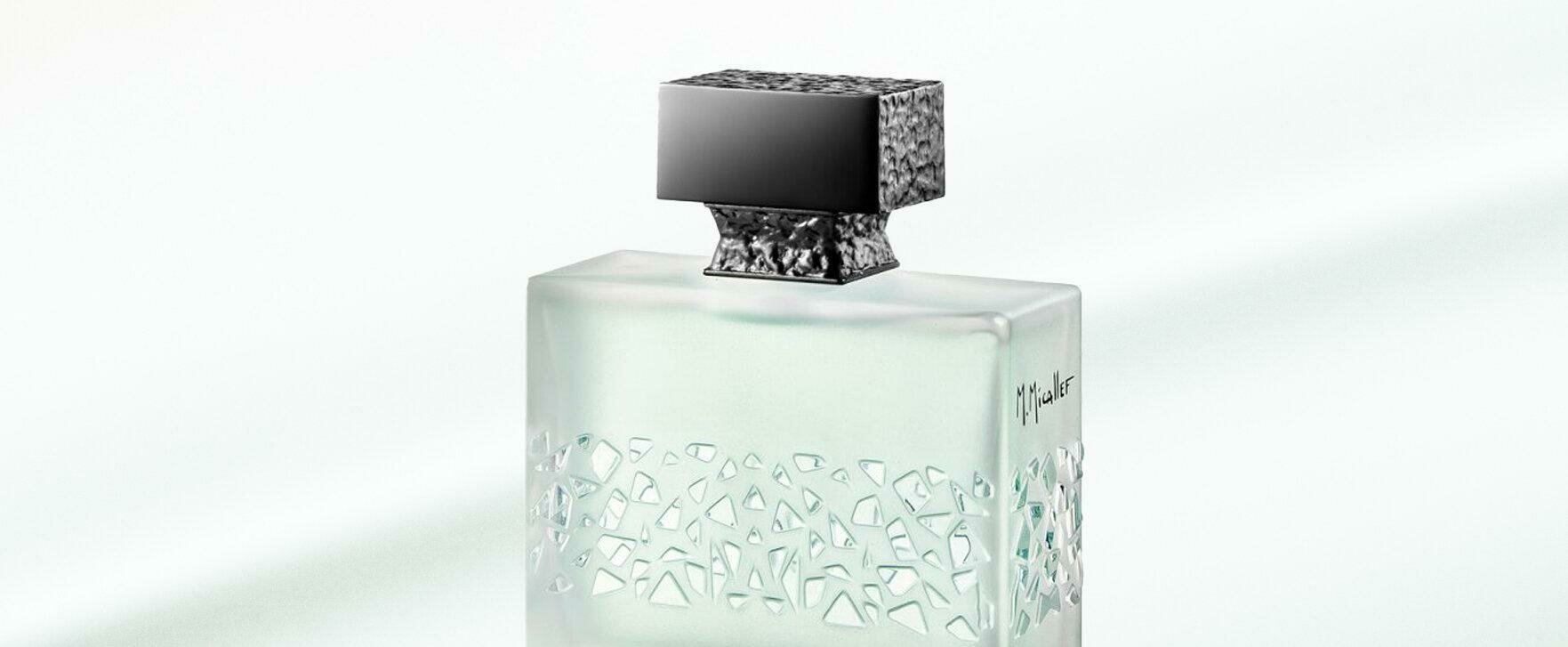Hidden Truths: Perfume Myths Put to the Test

The world of perfumes is as multifaceted as it is surrounded by myths. But how much truth is really in the claims? In this article, we take a closer look at eight persistent perfume myths and reveal the secret behind them.
Myth 1: A perfume smells the same as on the test strip
Have you ever tested a fragrance on a paper strip and then wondered why it smells completely different on your skin? Myth number one is a misconception. On a paper strip, the aromas and fragrances it contains can develop well, allowing for a clear and precise evaluation of the scent. However, when perfume is applied to the skin, it interacts with skin chemistry, body temperature and perspiration. This ensures that the scent develops differently on the skin than on a test strip.
In addition, the scent of a perfume changes throughout the day as the different fragrance notes unfold and dissipate differently. At the beginning, only the top note is perceptible, followed by the heart note and finally the base note, which lasts the longest.
So before you decide on a perfume, you should definitely test it on your skin and observe the course of the fragrance over several hours. Only in this way can you ensure that you find the right perfume for you.

Myth 2: Perfume lasts longer on oily skin
One myth states that perfume lasts longer on damp, oily skin. Generally, the way a perfume lasts on the skin depends on many factors, including the chemical composition of the perfume, skin type, humidity, and body heat.
However, it is true that oil binds fragrance, so perfume will stay on oily skin longer than on dry skin. In addition, it is recommended to apply the perfume on warm parts of the body, such as the wrists, the insides of the elbows or the temples, because here the body heat activates the fragrance molecules and the fragrance can be better developed.
Myth 3: Natural fragrances are better than synthetic
Let's move on to another very persistent myth: are natural fragrances better than their lab-created alternatives? Not necessarily. In truth, many natural fragrances can actually cause more allergic reactions or skin irritation than synthetic ones. An example of this is cinnamon essential oil, which is known to be a skin irritant and allergen. Synthetic fragrances on the other hand, if formulated in the right way, can actually be safer and more skin-friendly.
Another important factor is efficacy. Synthetic fragrances are often specially formulated to achieve a particular scent note or effect that also occurs in nature. In addition, they are masters of illusion and can create scents that do not even exist in nature. This latitude makes them more effective than their natural counterparts in many cases.

Finally, environmental compatibility is also an important criterion. Although synthetic fragrances are often difficult to degrade, natural fragrances can also harm the animal and plant world. An example of this is sandalwood essential oil, whose high demand in some parts of the world has led to over-exploitation of sandalwood trees. Unfortunately, some animal species are also now threatened with extinction because they have been hunted for their animal scents.
There is thus no clear winner in the fragrance duel between nature and the laboratory, as both have their advantages and disadvantages.
Myth 4: Perfume should also be sprayed on the hair
Many people tend to spray a little on their hair as well when applying their favorite fragrance. But is this really a good idea? To find out, we first need to take a look at the properties of hair. Hair has a porous structure, so it can absorb odors more easily and retain them longer than skin.
But beware: although hair is considered an excellent carrier of fragrance, perfume can dry it out and irritate the scalp. This is especially true for fragrances with a high alcohol content.
So you should weigh up for yourself whether you take this risk or not. But if you want to be on the safe side, you should better apply the perfume only on the skin.
Myth 5: Rubbing the fragrance on the skin
When applying perfume, should you rub the fragrance afterwards or will this destroy the fragrance molecules? In principle, rubbing perfume on the skin does not have a negative effect on the fragrance molecules, as they are relatively stable at the molecular level and can resist mechanical influences.
However, rubbing can accelerate the evaporation of the perfume, affecting the interaction and gradual evaporation of the different fragrance notes, which can alter the olfactory experience.
Therefore, the best way to apply perfume is to spray it directly on the skin and then let it absorb for a few seconds. This way, the fragrance molecules can fully develop and you can enjoy the scent longer.
Myth 6: The more expensive the perfume, the better
'The more expensive the perfume, the better its quality.' Is this really true? Although we often believe that expensive perfumes are automatically better, this is not always the case. A cheap perfume can smell just as good as a more expensive one.
The price of perfumes is not only determined by qualitative and rare ingredients, as well as a higher concentration of fragrance. A variety of other factors also play a role, including brand, packaging, production costs, and marketing and distribution expenses. Thus, there are also less expensive perfumes that are of high quality and can compete with more expensive perfumes in terms of quality and durability.
Therefore, it is not always necessary to dig deep into your pocket to find a good fragrance. Rather, you should pay attention to your own preferences and individual skin type and try out different fragrances to find the right perfume - regardless of the price.

Myth 7: Perfumes influence your mood
Smell yourself happy - or not? What is behind the next myth?
Here it is important to look at the effect in a differentiated way: On the one hand, certain fragrances can actually evoke a positive or negative mood. For example, it has been proven that the scent of lavender can have a calming effect and reduce feelings of anxiety. Citrus scents such as tangerine, grapefruit, orange or lime can also have a stimulating effect.

On the other hand, the effect of perfume on mood can differ from person to person. As with many things in life, the same is true here: It depends. What is mood-enhancing for one person may trigger stress in another. How we perceive scents is strongly influenced by our personal experiences, preferences and associations. External factors such as stress or fatigue also influence perception. It is best to simply try out for yourself which fragrances do you good.
Myth 8: Certain batches of the same perfume are better than others
The question of whether different batches (batches) of a perfume can smell different often causes controversial discussions in the perfume world.
But what exactly does the term "batches" mean and why are there possible differences? "Batches" refers to a group of perfumes produced during a specific period of time and under the same production conditions. Each perfume produced during this period is assigned to a specific "batch" or "batch".
There are many reasons why there may be differences between different batches of the same perfume: For one, perfumes may be reformulated if, for example, certain ingredients are no longer allowed or the availability of raw materials changes. As a result, the perfume may smell different in a later batch than in an earlier one.
Secondly, our own nose could also be tricking us: how we perceive the scent can vary from batch to batch, even if the perfume is actually identical. One possible explanation for this is that our nose gets used to the scent over time and no longer perceives it as intensely as before. As a result, the perfume may be perceived as weaker in later batches, even though its content remains unchanged. As a rule, however, most perfumes are of consistent quality, regardless of batch number.
Myths and speculations surrounding perfume continue to circulate, even though in many cases they have little to no truth content. To avoid being misled by them in the future, it is worthwhile to occasionally put them to the test with critical curiosity.
What do you think? What myths about perfume have bothered you in the past?
Photo credit: iStock (Wutang920, pavelis, claudio.arnese)


 Mikayla
Mikayla
